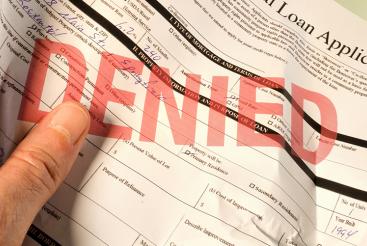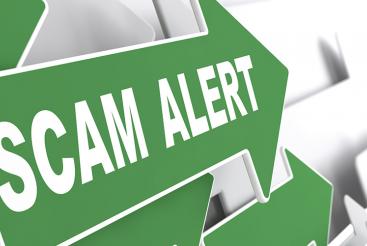Are you protected against credit card skimming?
Credit card skimming, after card-not-present fraud, was recorded as the second most common kind of payment card fraud recorded in 2014, amounting to 11 per cent of the total and $42.1 million worth of damage1.
While you may know about physical card skimmers at ATMs, or even know how to spot them, you might be surprised by how far this technology has come. Instead of relying on a physical scanner and a pinhole camera to record your pin, scammers are now capable of using software alone to access the details of your card - and steal them.
Skimer: Not just a typo
This software, known as Skimer, has been around since 2009. However, it has made big news lately due to new, advanced features that could place your card details even more at risk. Following an apparent break-in at a bank in May, software security specialists Kaspersky discovered this new and improved version of the malware, which has now become that much harder to detect2.
Using one of 21 different commands, a criminal with Skimer installed on an ATM that you use could collect details of any card you use, including a credit card. This data can then be used to clone your card, using your line of credit to make purchases in your name. Not only that, but Skimer is also capable of stealing enough information for the hacker to take money out of your accounts at a non-infected ATM, making it very difficult to keep your money safe.
Thankfully, Kaspersky and bankers are already developing methods to detect and defeat this new threat. However, as a consumer, you can do your part to keep your money safe. Ensure you get a copy of your latest Equifax credit report and consider signing up to a subscription package to help you monitor changes to your credit report and your credit profile.
Disclaimer: The information contained in this article is general in nature and does not take into account your personal objectives, financial situation or needs. Therefore, you should consider whether the information is appropriate to your circumstance before acting on it, and where appropriate, seek professional advice from a finance professional such as an adviser.
1Australian Payments Clearing Association, Australian Payments Fraud Details and Data 2015.
2Kapersky Lab, ATM is a New Skimmer: Crooks Bring ATMs on Their Side.
Get your Equifax credit report for FREE today
Learn moreYou might also like

Why have I been declined credit?
There are number of reasons why a lender may decide to decline your credit application. When you first apply for credit, credit providers such as lenders, phone or utilities companies may check your credit history alongside the information you have provided as part of your application process.

Consumer fraud: what do I need to know?
Consumer fraud is defined as any fraudulent or intentionally misleading business practice, and it can have a significant impact on those whose information it targets.

Protecting yourself against identity theft
Identity theft can occur to anyone - at its core, it involves the perpetrator masquerading as someone else in order to steal money or access other personal details.
